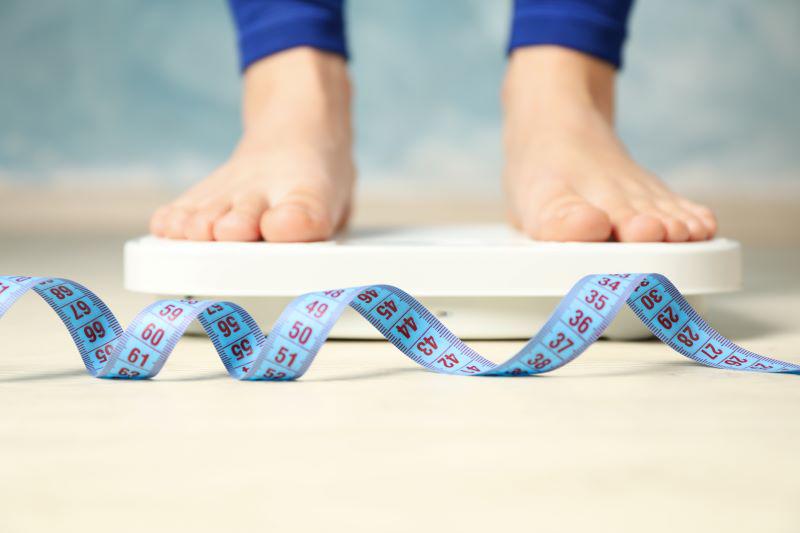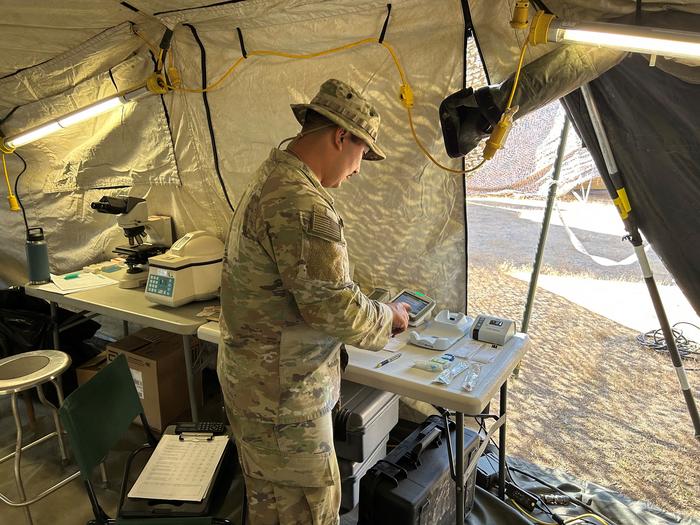
Three anti-smoking groups announced Tuesday that they have sued the U.S. government yet again after it missed its latest deadline for enacting a ban on menthol cigarettes. This is the second lawsuit that the plaintiffs — the African American Tobacco Control Leadership Council, Action on Smoking and Health and the National Medical Association — have… read on > read on >


















